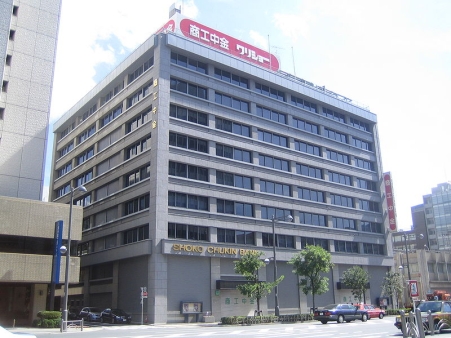
Japan banks' profits, asset quality further battered by COVID-19 outbreak
Lower interest rates and higher credit costs spell more trouble.
Japanese banks’ profitability and asset quality will suffer as long as COVID-19 persists, even if direct exposure to China is insignificant, according to a Moody’s sector report.
If disruptions persist, Japan's economic growth will further weaken, pushing interest rates down for longer, adding pressure to the banks’ profitability. Defaults will rise amongst borrowers in sectors related to tourism and supply chains, pushing up credit costs and damaging profits even more.
Also read: Japan banks' profit declines to persist despite overseas expansion
Credit impact will be lessened if the disruptions end over the next several weeks.
“If economic growth slows further, it will take longer for the Bank of Japan to normalise monetary policy and raise interest rates from the current extremely low levels, a major factor behind declining profitability. The continuation of ultralow rates in Japan will further weigh on banks' profitability,” the report wrote.
The sector is in danger of rising impairments of loans to businesses in tourism-related sectors amidst growing delinquencies in small and medium enterprises (SMEs). Banks have the largest direct exposures to the retail sector, at 3.1% of total system-wide loans as of end-2019, followed by 1.3% for the hospitality and entertainment sector and 0.5% for the accommodation sector.
With one of the highest SME default rates, the retail sector stands on shaky ground due to its sensitivity to consumer sentiment. A plunge in consumer spending will hit Shoko Chukin Bank the most because of its exposure to the wholesale and retail sector, Moody’s said.
Whilst direct exposure to tourism-related segments are moderate, a tiny increase in credit costs due to loan quality deterioration can significantly damage profits because current credit costs and pre-provision income are low.
Also read: Bankers are earning less than construction workers in Japan
Government measures to help virus-hit firms ease debt burdens will keep new non-performing loans from sprouting in the short-term. Shoko Chukin and the Development Bank of Japan have been asked to extend and reschedule loan terms for SMEs, whilst the government has also urged them to originate new loans for affected businesses at longer terms.
Photo courtesy of Wikimedia Commons.






















 Advertise
Advertise








